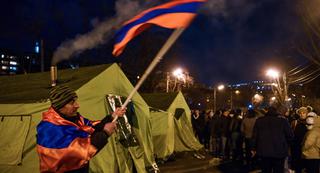
Despite the trauma of Armenia’s defeat in the recent Karabakh war, protests against Prime Minister Nikol Pashinyan have been underwhelming. He may not have lived up to expectations, but few believe his rivals could offer a significantly better future.
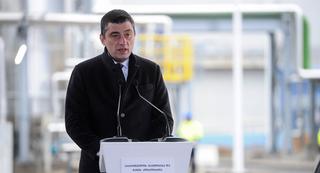
China needs to replicate its Central Asian success in the Caucasus in order to take another step westward toward implementing its trade and energy dream, away from the control of Russia and the United States.
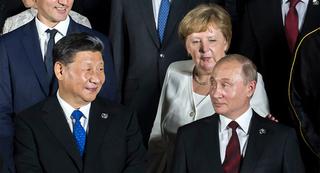
Podcast host Alex Gabuev is joined by Janka Oertel, director of the Asia program at the European Council on Foreign Relations, to discuss changing attitudes in Europe toward China and Russia, and the evolving relationship between Moscow and Beijing.
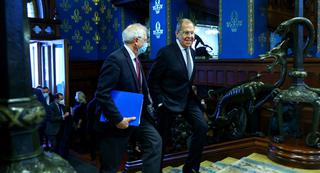
The furor that followed Russian Foreign Minister Sergey Lavrov’s threat to sever Russia’s ties with the EU wasn’t really justified: there have been none to speak of since 2014.
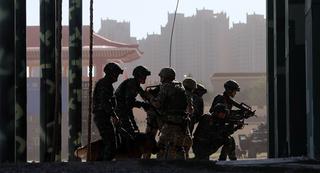
China sees security issues in Central Asia as inextricably tied to its own domestic security concerns, and is rapidly establishing a footprint that will allow it to deal with matters as it sees fit in the region.
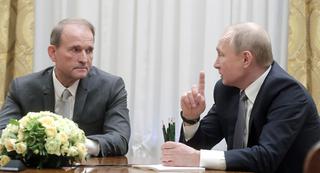
For Russia, renewal of the war—let alone the annexation of the self-proclaimed republics—would be a costly undertaking with unclear benefits. It is bound to be highly unpopular with Russian society, which is fatigued by foreign policy adventurism, and would further complicate Russia’s relations with European countries.
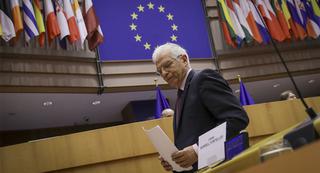
Navalny’s return to Russia on January 17 has created a prominent link between Germany/the EU and Russian domestic politics—the geopoliticization of domestic politics—which neither side will be able to ignore in the future.
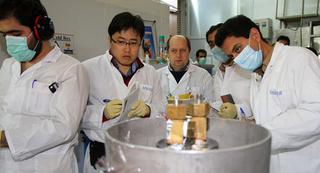
As was the case in 2006 and 2010, perceptions of Iranian intransigence in the face of constructive Western overtures—which may well be forthcoming under the Biden administration—could lead to a hardening of Russia’s stance, which is ultimately underpinned by concerns of nonproliferation and the integrity of the P5+1 process.

Russia and the European Union need to imagine a more realistic goal for their relationship: a model of neighborliness, in which the inevitable disagreements will be managed in order to prevent disruptive conflicts and damaging collisions.
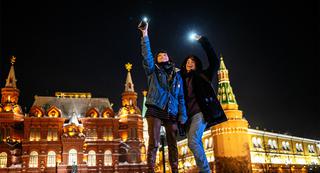
When the government shows that it’s prepared to use violence against peaceful protesters and to lock them up for extended periods, it plays on a preexisting mindset that perhaps protesting won't lead to any actual changes in society.
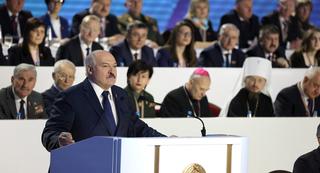
Moscow faces the question of how to respond to procrastination over reform in Belarus. On the one hand, it might seem that the crisis there has passed, leaving no leverage over Lukashenko. On the other hand, he is going to need more money.
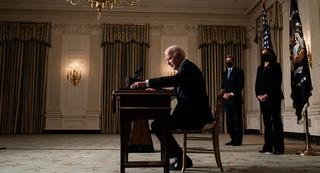
It is not the Biden administration that Russia should be concerned about when it comes to climate, but its own inaction, which Moscow risks paying for in both economic and security terms over the coming decade.
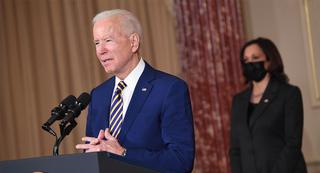
The main thrust of U.S. policy toward Russia has not changed much with the advent of a new administration. U.S.-Russian interaction on strategic stability issues will go hand-in-hand with persistent condemnation and retribution for what Biden calls Russia’s determination to damage and disrupt American democracy.
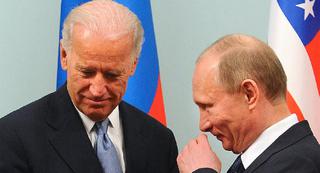
There may be no reset in U.S.-Russian relations under the Biden administration, but what can be done to defuse tensions and avoid worst-case scenarios?
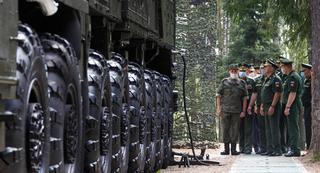
Extending the New START is only the first and easiest step in rebuilding the U.S.–Russian arms control system from its ruins.
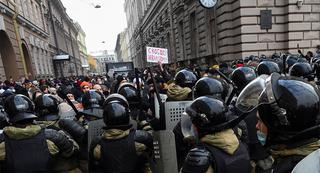
Putin’s willingness to resort to police batons has polarized society and radicalized those who are dissatisfied with his rule. The moral cause of those taking to the streets across Russia is undermining the foundations of the Putin regime.
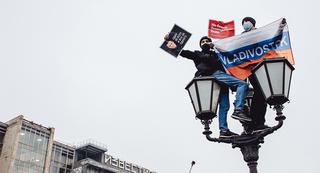
Mass protests have broken out in Russia once again. Will the end result be any different this time around?
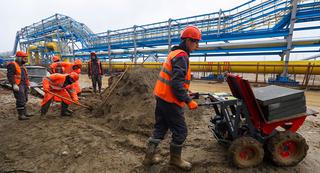
Sino-Russian relations may be a marriage of convenience arranged by oil and gas, but arranged marriages have a way of lasting. It is particularly helpful if there is a common enemy, such as an overbearing West.
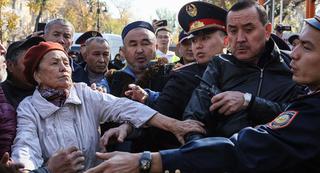
Hitherto content to work with Central Asia’s incumbent leaders, China is now supporting pro-China politicians: an unprecedented intervention in the region’s affairs that is shaking the foundation of Moscow’s cooperation with Beijing there.
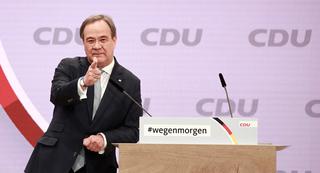
Laschet’s personal preferences, if they even exist, will have to contend with a number of other factors shaping German foreign policy. German politicians, including those from the CDU, generally agree that establishing closer ties with Russia is unlikely in the foreseeable future.